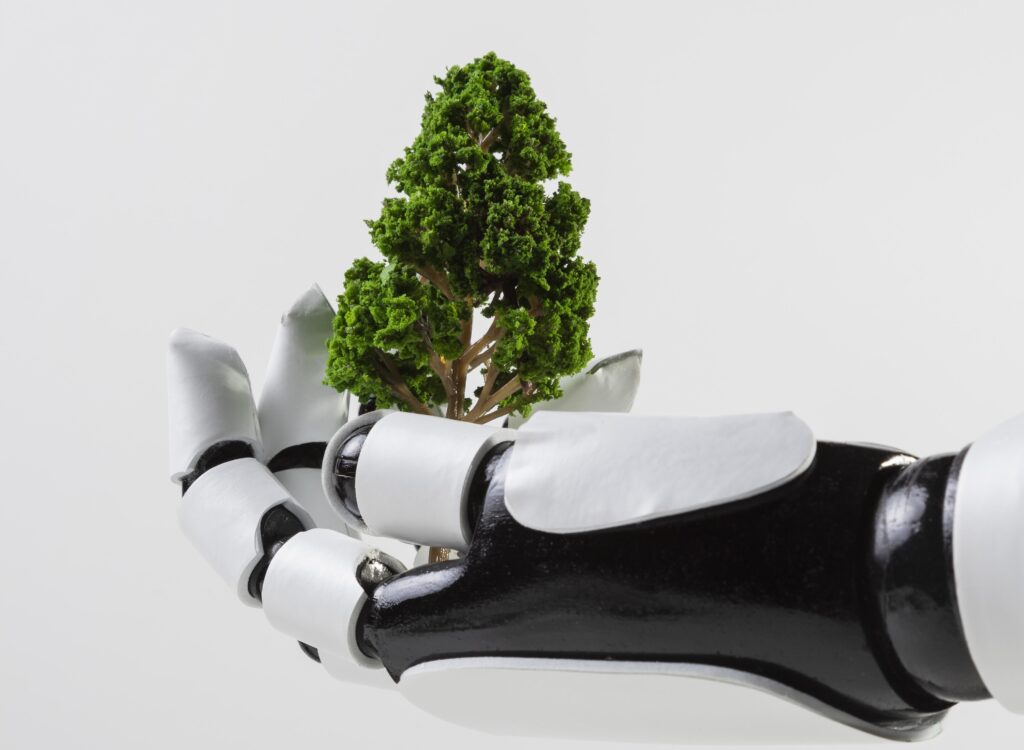UN warns AI poses risks without proper climate oversight
Renewable energy investment is booming globally, yet financing gaps and uneven benefits highlight the need for stronger climate action.

AI can help tackle the climate crisis, but governments must regulate it to ensure positive outcomes, says UN climate chief Simon Stiell. AI is already helping make energy systems more efficient, reduce industrial carbon emissions, and assist in climate diplomacy.
Stiell warned that the growing energy demands of large AI data centres pose risks that require careful management. He emphasised that AI should enhance human capacity rather than replace it, supporting tasks such as managing microgrids, mapping climate risk, and guiding resilient planning.
Global climate action is advancing, with renewable energy investment booming and countries aligning with the Paris Agreement. While China leads the clean energy surge, the EU, India, African nations, and Latin America also expand low-carbon solutions.
However, financing remains a barrier, with many planned low-carbon projects struggling to secure investment.
Despite progress, the benefits of the low-carbon transition are uneven, and the climate crisis is accelerating. Governments are urged to submit updated Paris Agreement plans before COP30 in Brazil, while Stiell calls for stronger climate cooperation and faster action.
Would you like to learn more about AI, tech and digital diplomacy? If so, ask our Diplo chatbot!
